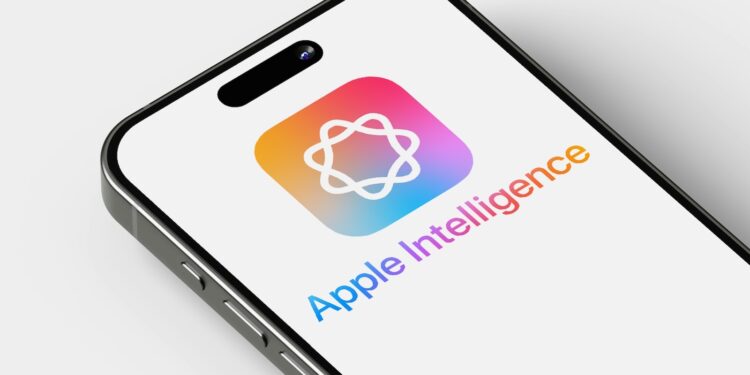Many people today use AI tools like ChatGPT or Gemini to generate emails, summaries, or other texts. This saves time – but there's a catch: The results often seem generic. Even with clear instructions, the AI rarely captures a person's personal style right away. Apple wants to change that and has now introduced a new technology that addresses precisely this problem.
In a research paper to be presented at the International Conference on Machine Learning (ICML) in July 2025, Apple describes a new system called PROSE. It stands for "Preference Reasoning by Observing and Synthesizing Examples." The goal is to teach large language models to recognize a user's individual style from existing writing samples and imitate it as closely as possible in new texts.
What makes PROSE different from other approaches
Previous methods, such as prompt engineering or reinforcement learning with human feedback, have their limitations. Users must manually adjust many settings or subsequently revise suggestions. PROSE takes a different approach. It creates an internal, interpretable style profile based on the user's real writing examples. This works in two steps:
- Iterative refinement: The AI generates texts and compares them with the user's actual texts. Based on the differences, it adjusts its style profile. This process repeats until the new answer is as close as possible to the original style.
- Consistency check: To ensure the AI doesn't rely on a single example, it checks whether stylistic features—for example, "short sentences" or "informal tone"—appear in multiple texts. This creates a more robust profile that reflects typical characteristics of your personal style.
Significance for Apple Intelligence
The publication doesn't mention any specific Apple products, but the reference to its own AI platform is obvious. Apple is currently building "Apple Intelligence" – a collection of features designed to make AI available system-wide on Apple devices. Personalization plays a major role in this. With PROSE, Apple could ensure that generated text sounds more natural and personalized – whether in emails, notes, or third-party apps. With the new "Foundation Models" framework, Apple wants to enable developers to directly access local AI models. This creates the technical foundation for cross-platform, personalized writing assistants.
The new benchmark: PLUME
Additionally, Apple is introducing a new benchmark dataset: PLUME (Preference Learning from User Emails and Memos). It replaces the older PRELUDE dataset and is intended to more realistically reflect how users actually write. PLUME addresses typical weaknesses of previous test data—such as unclear preference definitions or tasks that bear little resemblance to real-world text production. The researchers used PLUME to test various systems:
- PROSE
- CIPHER, an earlier style customization system
- Standard methods of in-context learning (ICL)
PROSE performed significantly better in these tests, achieving an improvement of approximately 33 percent over CIPHER. PROSE also performed better than ICL, especially when combined with powerful models like GPT-4o. The researchers also found that a combination of PROSE and ICL produced the best results—with up to a 9 percent performance improvement over ICL alone.
Classification in the general trend
With PROSE, Apple is positioning itself within a larger trend in AI research: systems should not only be functionally correct, but also better reflect the individual user. Methods such as preference modeling, context-based prompts, and on-device fine-tuning are intended to enable precisely this. The goal is an AI that not only appears intelligent, but actually adapts – to the style, language, and preferences of the individual. Personalization plays a role not only for user convenience, but also economically because it increases platform loyalty.
Apple relies on real style instead of standard answers
With PROSE, Apple demonstrates how AI usage can become more natural and personalized. The technology analyzes real-world writing examples and adapts accordingly—without requiring you to provide many manual inputs. The whole process is supported by a new, practical benchmark dataset. Although Apple doesn't name any specific products in the study, everything indicates that PROSE will be a central building block for personalized features in Apple Intelligence. This could make text generation on Apple devices much more closely aligned with your own style in the future. (Image: Shutterstock / NRSPro)
- Safari becomes faster, more flexible and more modern in iOS 26
- Apple iPhone Mirroring feature remains unavailable to EU users





